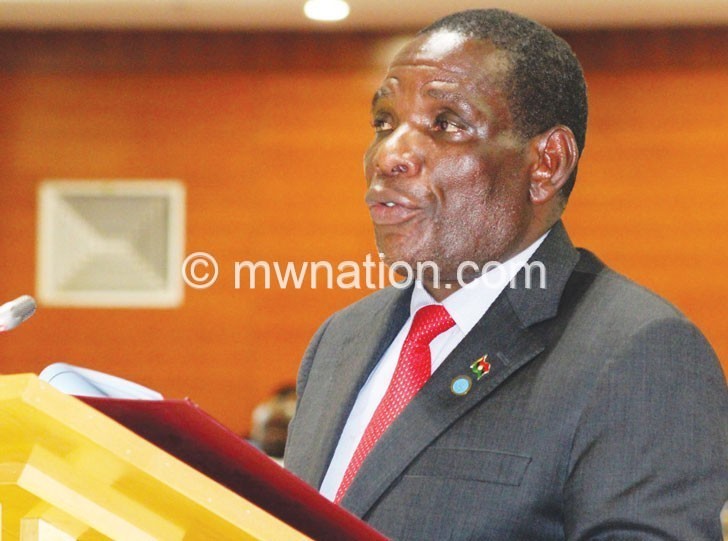Malawi less competitive on trade, says report
A recent report has found that industries in Malawi and other African countries have become less competitive in terms of trade.
This is contained in the 2019 African Union Commission report, Africa’s Development Dynamics: Achieving Productive Transformation.
The report, produced jointly with the Organisation for Economic Cooperation and Development (OECD), suggests that the situation is a result of a decline in the region’s impact on world production and trade.

The Economics Association of Malawi (Ecama) has said the situation is a product of failure by government to implement laid out plans, warning of more consequences should authorities remain docile.
The report analyses Africa’s development policies and presents a fresh narrative on Africa’s development, assessing the economic, social and institutional performance in light of targets of the African Union’s Agenda 2063.
It says Malawi, which relies on tobacco for exports, has a negative economic complexity index of -1.380, implying that the country produces products that are easy to produce.
The country has a negative product complexity index of -1.920, which means that it has a low level of processing or value addition.
Reads the report in part: “In Malawi, access to credit is ranked first among obstacles to doing business. Access to credit is not only low [26.7 percent], but lenders favour large-scale enterprises over small and medium enterprises and foreign-owned firms or firms engaged in exports over those with a domestic orientation.”
The report says SMEs in Malawi depend heavily on their own funds, as 66 percent of total investment are financed internally, 33 percent by commercial banks and just one percent by supplier credit, equity or stock sales.
“In Malawi, banks favour large and export-oriented enterprises. Recent evidence also suggests that due to a lack of project preparatory finance, even when funding for project implementation is available, countries in the region lack a pipeline of projects that have reached bankable feasibility.”
Ecama president Chikumbutso Kalilombe said in an interview last week the report is clear on what needs to be done.
He said: “During the budget consultations, we said energy is our greatest impediment that is why government should ensure that it has made investments in this area so that we move into a situation where we are producing enough electricity for domestic use and industries.”
Speaking during the presentation of 2019/20 Budget Statement, Minister of Finance, Economic Planning and Development Joseph Mwanamvekha said government has set up systems that will help improve industrialisation.
He said: “Government will continue to support the Export Development Fund as a vehicle for supporting efforts aimed at increasing the country’s exporting capacity.
“Government launched the Malawi Agricultural and Industrial Investment Corporation to help finance commercial agricultural and industrial projects.”




